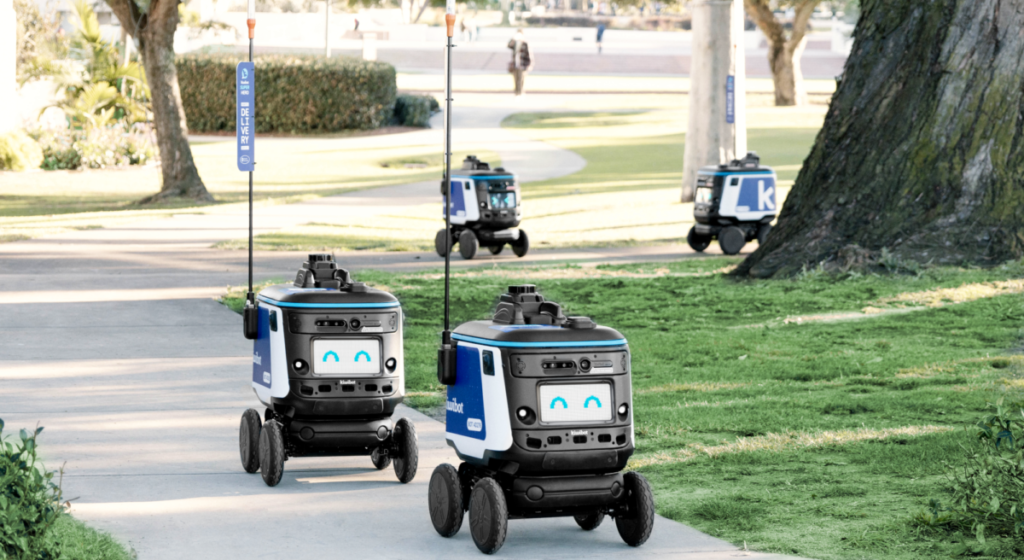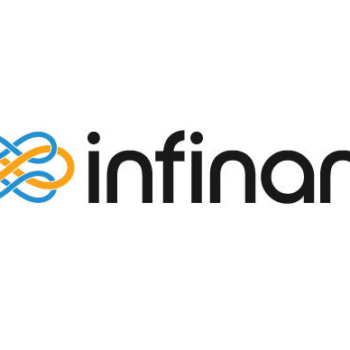
The design and production of robotics in Europe has been steady going from strength to strength. The robotics industry in Europe has expanded quickly over the previous four years, with a 24% CAGR (compound annual growth rate) from January to September. according to Picus Capital, the top 4 countries in Europe driving this growth are Germany, France, Switzerland, and the UK
By the end of September 2021, investment in European robotics businesses hit $1.45 billion, and has already surpassed $1.2 billion this year. And this investment activity is already showing results, with Europe welcoming 2 new unicorns – Exotec and Velocopter – in 2022 alone.
But this isn’t the whole picture. Globally, investment in robotics-focused startups in 2022 was down 44% from the prior year yet demand isn’t slowing with robot sales in 2022 at record levels. This suggests that founders in robotics sectors may need to look internationally to find investor support for their growing startups.
The good news is that many European investors are stepping up to bridge the gap in international robotics investment activity. Equally, many European founders are finding ways to advance their solutions by collaborating with other international startups. Let’s take a closer look.
Robotics propels growth of Device-as-a-Service Market
Delivery is big business globally, and investors from Europe are casting their net internationally to find the best solutions. One example of this in action can be found with the $10 million deal between Kineo Finance, a Swiss VC fund, and Kiwibot, an American-Colombian robotics delivery company.
The deal opens the door for the European VC to enter into the Device-as-a-Service (DaaS) market and serves as an important use case for its portfolio of high-tech businesses in the medical, logistics, and Internet of Things (IoT) industries.
Kineo Finance President Charles Sellman said, “Kiwibot’s solution is in high demand in the US and has become indispensable for people leading fast-paced lives. This partnership is the financial push they need to propel their startup into wider markets. At Kineo, we aim to encourage automation and digitalization initiatives in various industries to drive the adoption of high-tech companies’ equipment. Kiwibot’s growth in the DaaS sector meant it was a logical choice for us to support its robotic deliveries helping businesses today—and for the future.”
Supported in the increasing demand for last-mile delivery services and the open window to robotics to automatize the industry. Kiwibot’s CEO and co-founder, Felipe Chávez, said, “We envision a world where technology, logistics, and delivery are available for everyone. Kiwibot’s near future looks bright, and we are ready to offer our exceptional delivery services globally.”
A virtuous circle of innovation
As European investors look more internationally for bright ideas in robotics it’s likely to bring benefits back to founders across the continent. While not necessarily a bad thing, European markets must adhere to more stringent regulations than US and Chinese counterparts. To remain competitive, robotics founders in Europe can look to international peers to see where the edge of innovation lies.
Equally, many VC funds are adopting a much more “hands-on” approach with founders across their portfolio. Those VC funds that invest internationally are likely to have broader, more robust expertise to offer their founders.
Finally, internationally robotics companies may be more likely to expand their ventures into Europe, like US-founded Bear Robotics and its recent entry into Ireland that’s also creating new job opportunities for specialists.
Where robotics founders can look for investment in future
In conclusion, venture capitalists from Europe are vital to the growth and investment of the global robotics sector. Recent investments in Exotec, Velocopter, and the financial agreement between Kineo Finance and Kiwibot, highlight the growing interest of European investors in the robotics industry, which are examples of this trend. European VCs are well-positioned to continue assisting high-tech firms like Kiwibot in providing superior solutions for logistics and delivery services globally as a result of their focus on automation and digitization projects.









